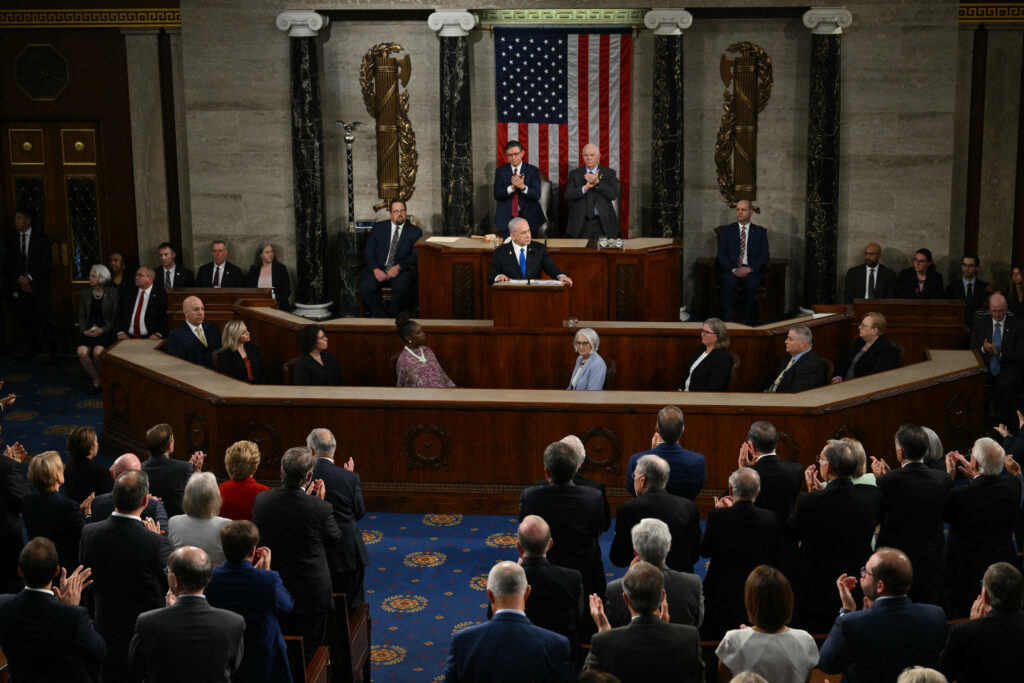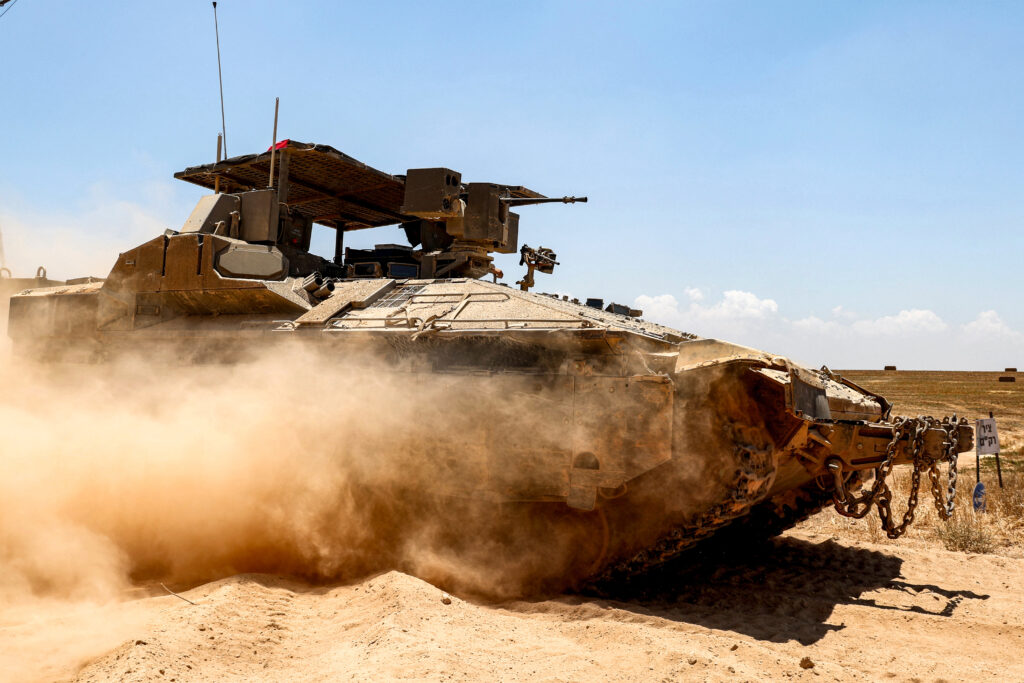Last week, Erdoğan hosted Putin and Rouhani in the Turkish capital, where the three leaders discussed Syria’s future. Their meeting, coming only four months after their first rendezvous in Sochi, signals their commitment to the Astana process for Syrian peace. Research Fellow Serkan Yolacan comments on how the trio of Iran, Russia and Turkey can carry a greater diplomatic weight in the Syrian crisis as compared to their American counterparts.
The Triumvirate and the Prince Charming
- - April 13, 2018
The Astana talks, sponsored by Iran, Turkey, and Russia, have proved to be far more effective than the UN-sponsored Geneva talks which produced little more than a blame game. Key to Astana’s success is Erdogan’s newfound willingness to play with Russia and Iran in light of the rapid dive in Turkish-American relations since 2016. Turkey’s reorientation from its transatlantic patron to its old neighbors seems to have generated a new regional triumvirate made up of Turkey, Iran, and Russia. Their compromises to one another in Astana give the triumvirate a collective say in Syria’s future. And with each step, the three states are learning how to manage conflicting agendas without stepping on each other’s toes. Lessons learned in Astana and Syria may embolden them to collaborate on a variety of other issues in the future. Their growing influence in the Middle East is likely to trigger further consolidation of a US-Gulf alliance counteracting this northerly force from the south. In fact, the Saudi crown prince Bin Salman is already consolidating that southern tier by signing multi-billion dollar agreements with Egypt, cozying up to Israel, and charming American notables from coast to coast. It was perhaps a telling coincidence that on the day Erdogan was hosting Putin and Rouhani in Ankara, the charming prince was wrapping up his jam-packed US tour.
More in This Series
More in This Series
- Jean-Loup Samaan
- - July 11, 2024
- Aisha Al-Sarihi, Ehsan Rasoulinezhad, Jinseok Sung
- - June 20, 2024








